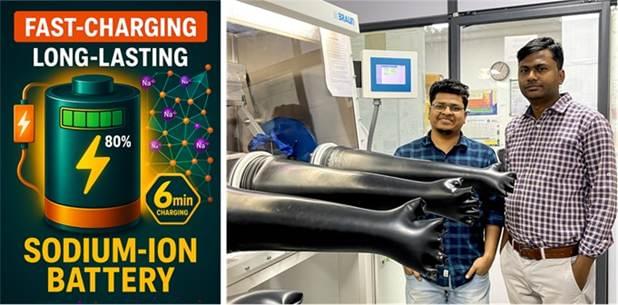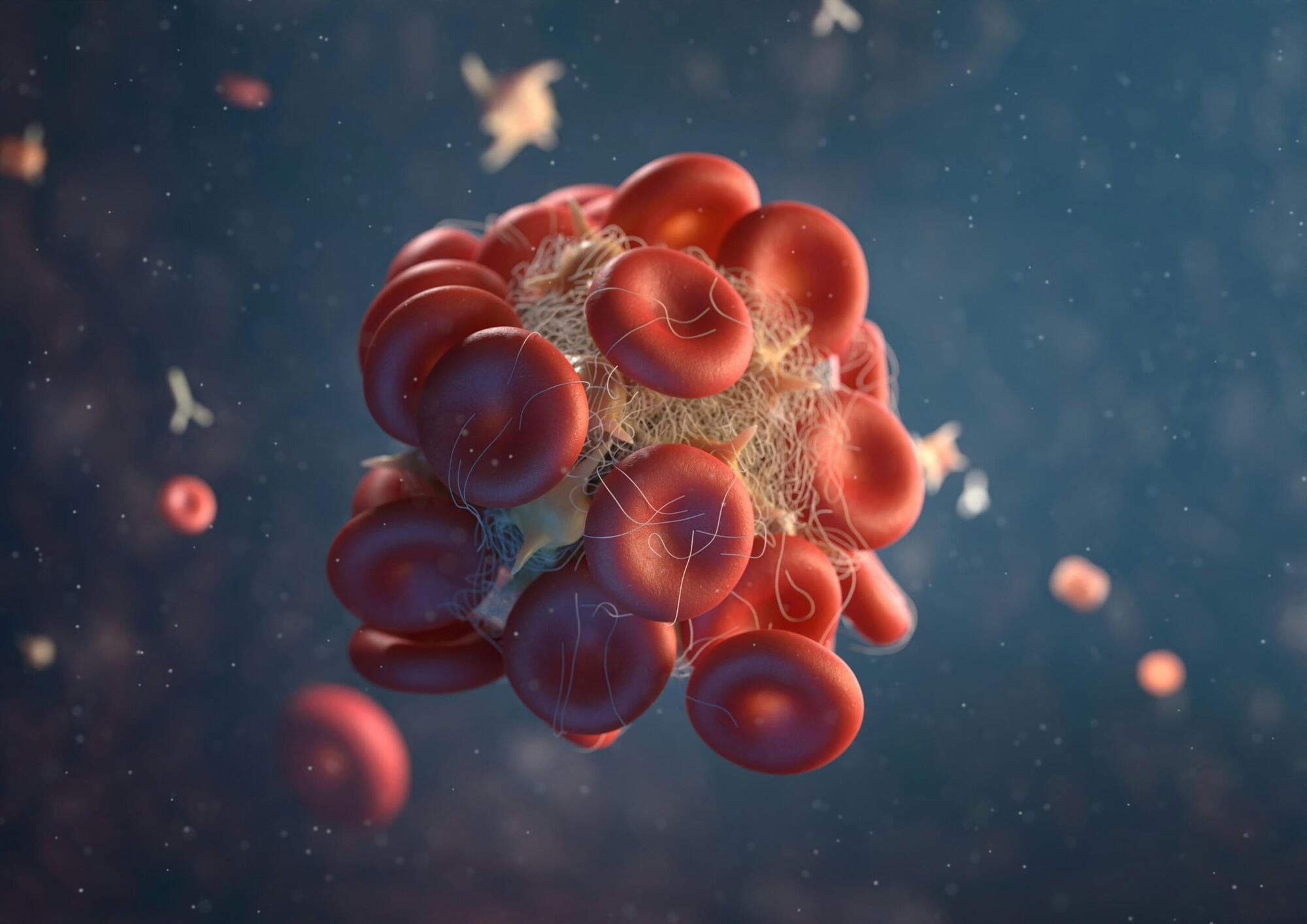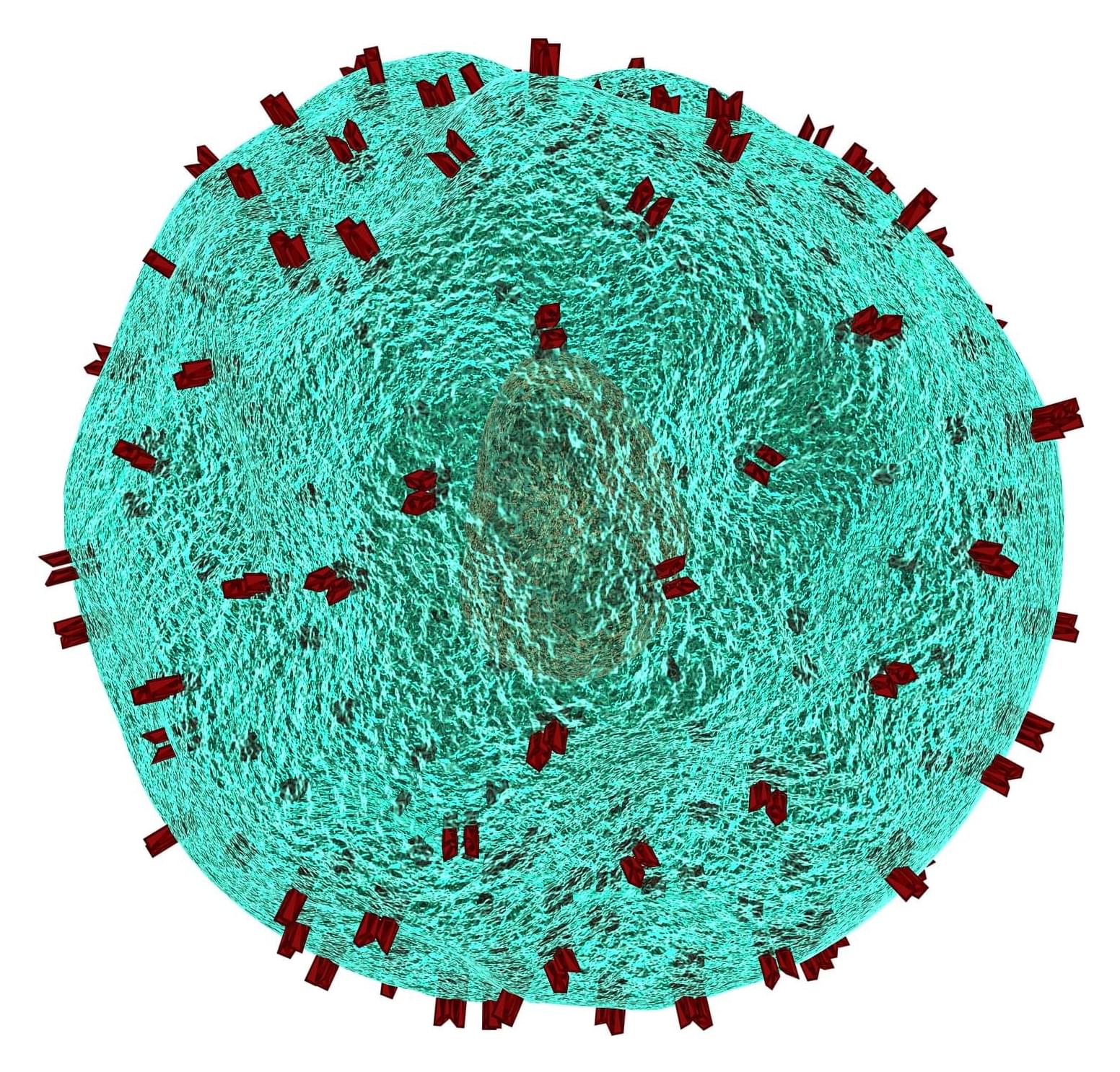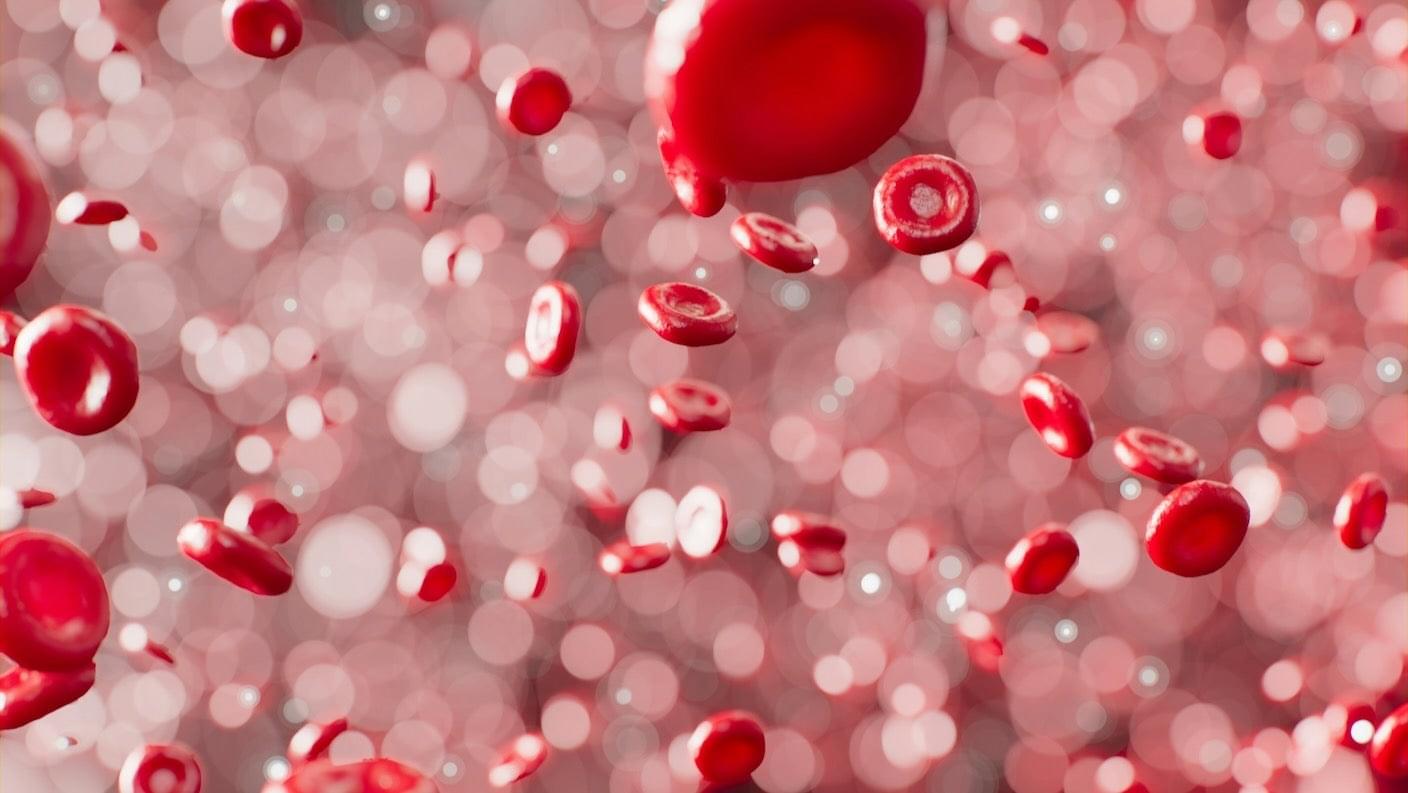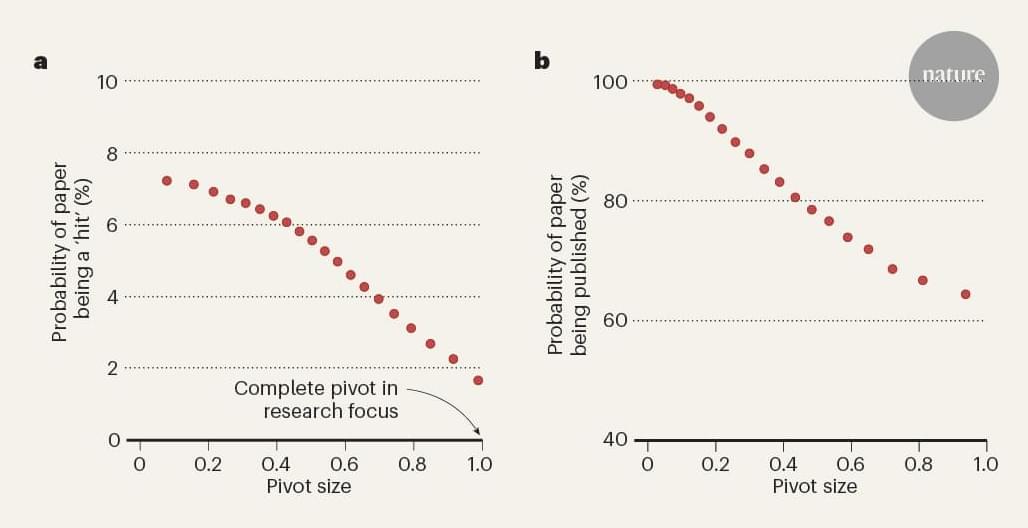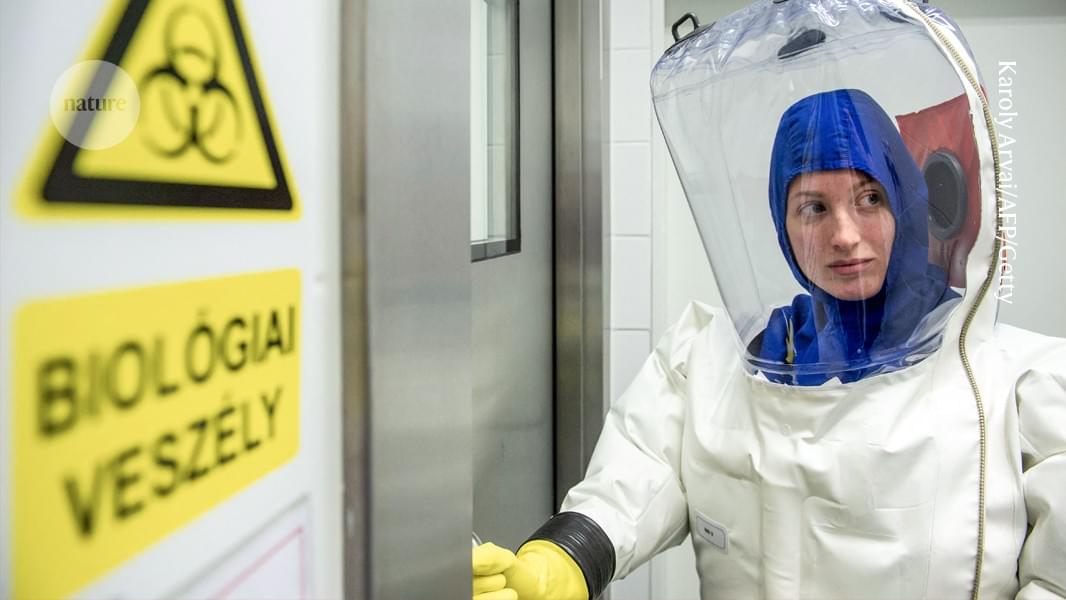In a world racing towards electrification—from cars to villages—one thing remains crucial: affordabl
In patients with an advanced type of skin cancer called cutaneous squamous cell carcinoma (cSCC), those who received the combination of the immunotherapy drug avelumab and targeted agent cetuximab had almost four times longer median progression-free survival compared to patients who received avelumab alone, according to the results of a phase 2 trial presented today at the American Society of Clinical Oncology (ASCO) meeting and concurrently published in the Journal of Clinical Oncology.
“It is both an honor and humbling to develop clinical trials that can be potential options for our patients,” said lead author and study chair for the trial, Dan Zandberg, M.D., associate professor of medicine at the University of Pittsburgh and medical oncology co-leader of the head and neck cancer program at UPMC Hillman Cancer Center. “My hope is that the insights we made with this trial will lead to additional studies that can ultimately bring a new immunotherapy-based combination into standard of care for patients with advanced cSCC.”
CSCC is a common type of skin cancer with about 1.8 million cases diagnosed in the U.S. each year. About 95% of cSCCs are detected early and can be treated with minor surgery. But in rare cases, patients will go on to develop advanced cSCC, which includes locally advanced tumors that cannot be surgically removed and metastatic disease. At this point, the prognosis is poor and treatment is focused on extending survival, not cure.
Japanese scientists have potentially achieved a major medical breakthrough that could transform the future, with artificial blood that works no matter what
A dual-target CAR T cell therapy approach shows promise for slowing tumor growth in a notoriously aggressive and fast-growing brain cancer. Tumors became smaller after the experimental CAR T cell therapy in nearly two-thirds of patients.
While survival data is still accumulating, several patients lived 12 months or longer after receiving the investigational therapy, which is notable given the typical survival for this patient population is less than a year.
The findings were presented at the 2025 American Society of Clinical Oncology (ASCO) annual meeting (Abstract 102) and published in Nature Medicine by researchers from the Abramson Cancer Center (ACC) of the University of Pennsylvania and Penn’s Perelman School of Medicine.
Join us on Patreon! https://www.patreon.com/MichaelLustgartenPhD
Discount Links/Affiliates:
Blood testing (where I get the majority of my labs): https://www.ultalabtests.com/partners/michaellustgarten.
At-Home Metabolomics: https://www.iollo.com?ref=michael-lustgarten.
Use Code: CONQUERAGING At Checkout.
Clearly Filtered Water Filter: https://get.aspr.app/SHoPY
Epigenetic, Telomere Testing: https://trudiagnostic.com/?irclickid=U-s3Ii2r7xyIU-LSYLyQdQ6…M0&irgwc=1
Use Code: CONQUERAGING
NAD+ Quantification: https://www.jinfiniti.com/intracellular-nad-test/
Given to newborn mice during a unique window of time, the treatments edited mutated genes in the blood with just a single shot.
An analysis of millions of scientific papers and patents shows that the further a researcher or inventor moves from their previous work, the less cited their latest work will be.
The COVID-19 pandemic showed the value of changing direction in research. It should be incentivized, encouraged and celebrated.
A new study suggests that the questions you ask and your interest in lifelong learning may help protect against Alzheimer’s disease. What’s the secret to aging well? It might be as simple as staying curious. A new international study, including researchers from UCLA, found that certain types o
A new study led by University of Wisconsin-Oshkosh geologist Timothy Paulsen and University of Colorado Boulder thermochronologist Jeff Benowitz advances the understanding of the geologic history of Transantarctic Mountains bedrock, with implications for understanding the evolution of landscapes lying beneath the ice sheets covering Antarctica.
The team of researchers analyzed the chemistry of mineral grains commonly found in igneous rocks, like granite, from the Transantarctic Mountains. The research team includes other scientists from the University of Arizona, St. Louis University, The Ohio State University, and the University of Alaska Fairbanks.
The study was published in Earth and Planetary Science Letters.
